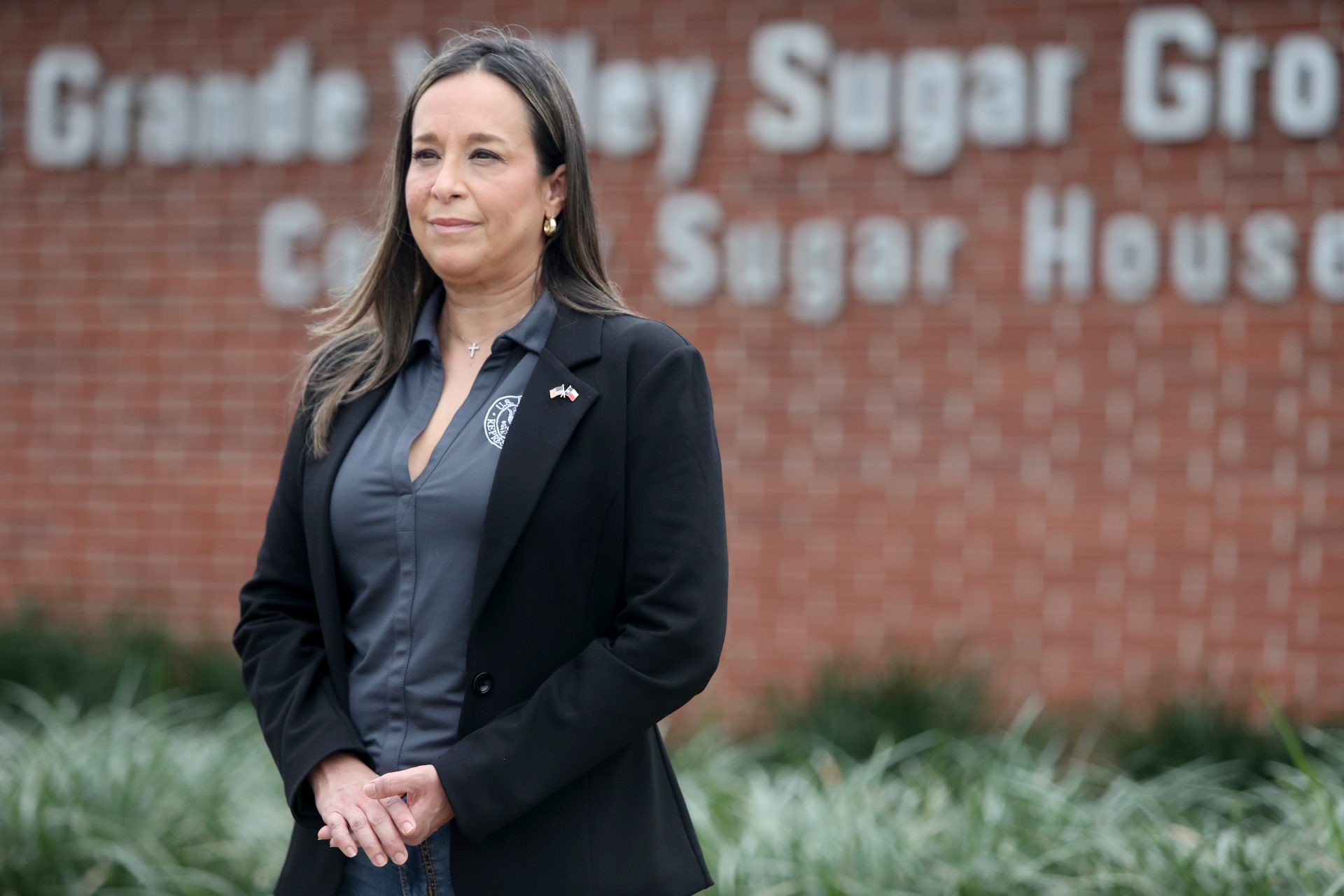|
Only have a minute? Listen instead
Getting your Trinity Audio player ready...
|
As your representative in Washington, I am acutely aware of the challenges our farmers and ranchers face in the Lower Rio Grande Valley due to water shortages. A recent report from Texas A&M’s Center for North American Studies highlights the potential for over $993.2 million in lost economic output for 2024, attributed largely to Mexico’s failure to comply with the 1944 water treaty. This issue is not isolated to our agricultural sector; it is a crisis that threatens our community’s livelihood, our economy, and our way of life.
The importance of water deliveries to the Lower Rio Grande Valley cannot be overstated. As one of only three states that grow and mill sugarcane, Texas, and particularly the Valley, is uniquely affected by these water shortages.
I was saddened to learn recently that Rio Grande Valley Sugar Growers, the sole sugar operation left in our state, will be closing. It’s devastating for the 500 full-time and seasonal workers who are out of work and equally devastating for the region’s economy.

Make no mistake — this closure directly results from Mexico’s failure to abide by the 1944 water treaty with the United States. Mexico’s lack of timely water deliveries puts all Texas agriculture at risk.
Our farmers and the entire agricultural sector in Cameron, Hidalgo, Starr and Willacy counties are on the front line of this crisis. They are being forced to make impossible choices about which crops to plant, or not to plant at all, due to the uncertainty of water. This has led to a decrease in vegetable and fruit plantings by 25% to 100% depending on the crop. The economic ramifications are profound, not just for farmers but for every link in the supply chain, from harvest to packaging, selling, transportation, and beyond.
Since taking office, I have worked relentlessly to address this critical issue. Last March I sent a letter to the International Boundary and Water Commission commissioner, urging immediate talks with the Mexican government to release the water owed to the United States. This was followed by a bipartisan and bicameral letter to Secretary of State Antony Blinken, emphasizing the need for urgent engagement with Mexico to ensure timely water releases.
Recognizing the gravity of the situation, I introduced a bipartisan resolution in the U.S. House of Representatives, advocating for the diplomatic relations necessary for Mexico to fulfill its annual water commitments under the treaty. This resolution, which passed with overwhelming support, underscores the bipartisan consensus on the urgency of this matter.
In addition to legislative action, I have directly engaged with Mexico’s ambassador to the U.S. and the Mexican Secretary of Foreign Affairs, demanding that Mexico honor its treaty obligations. These diplomatic efforts are crucial to securing a reliable water future for the Lower Rio Grande Valley and safeguarding our national food security.
The water crisis facing South Texas underscores the need for international cooperation and compliance. Mexico’s current water deficit, the second-largest in the last three decades, is unacceptable. The stakes are high, and the impact is already being felt across our community.

As we move forward, my commitment to resolving this water crisis remains unwavering. I will continue to work tirelessly, leveraging every available avenue — be it legislative, diplomatic or direct engagement — to ensure that Mexico fulfills its obligations under the 1944 water treaty. The future of our agricultural sector, the backbone of the LRGV economy, depends on it.
Our community’s ability to grow vegetables during the winter months and its contribution to Texas’ fresh fruit and vegetable production are irreplaceable. We must not allow foreign negligence to compromise our agricultural heritage or our self-sufficiency. The resolution of this water crisis is essential to preserving our way of life in the Rio Grande Valley and ensuring a prosperous future for all Texans.
In the face of this challenge, it is critical to recognize that the resolution of this water crisis transcends political boundaries and requires a unified response. The health of our agricultural sector is not only a Texas concern but a national priority, essential for maintaining food security and economic stability in our country. Our ongoing efforts to engage with Mexico highlight the multifaceted approach needed to address such complex international issues.
By standing united in our efforts to ensure reliability in water deliveries, we not only advocate for the present needs of the Rio Grande Valley but also for the responsible management of our shared water resources for future generations. As both your congresswoman and a mother who is proudly raising her two children in the RGV, nothing could be more important.
Rep. Monica De La Cruz represents Texas’ 15th Congressional District in the U.S. House of Representatives.

RELATED READING:
Valley leaders blast feds on failed Mexican water deliveries





